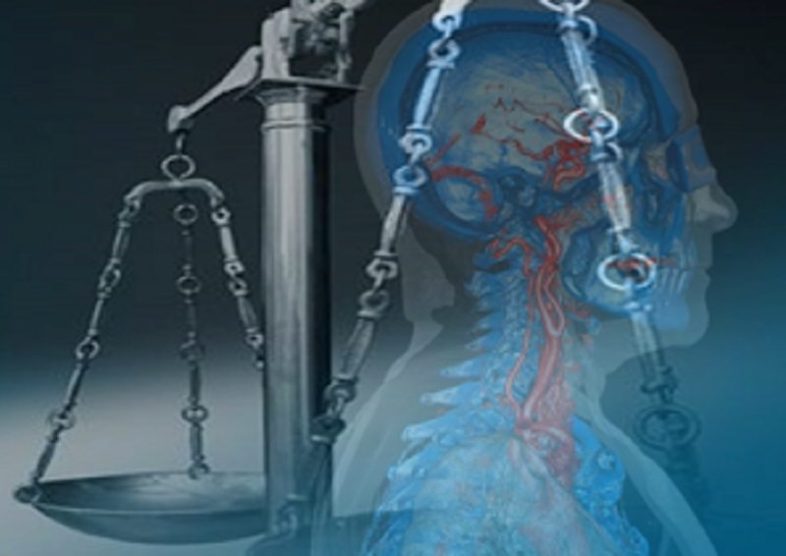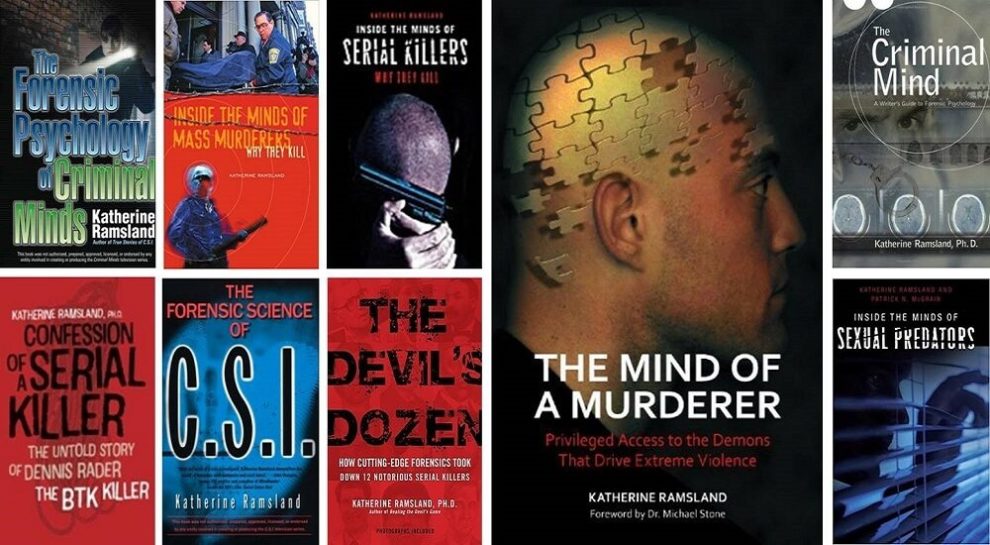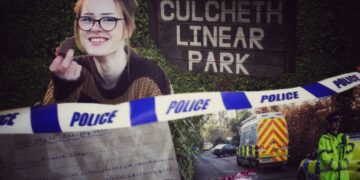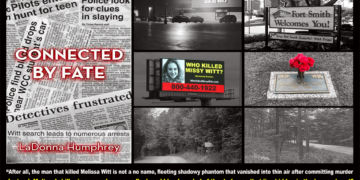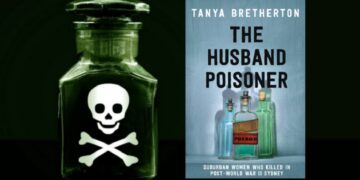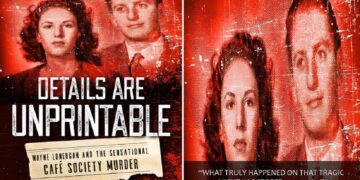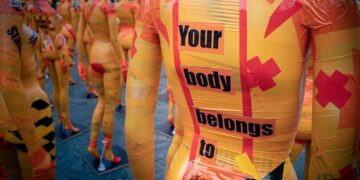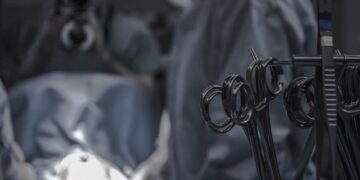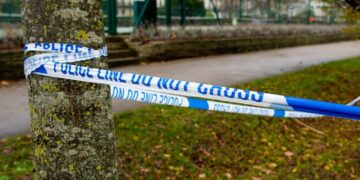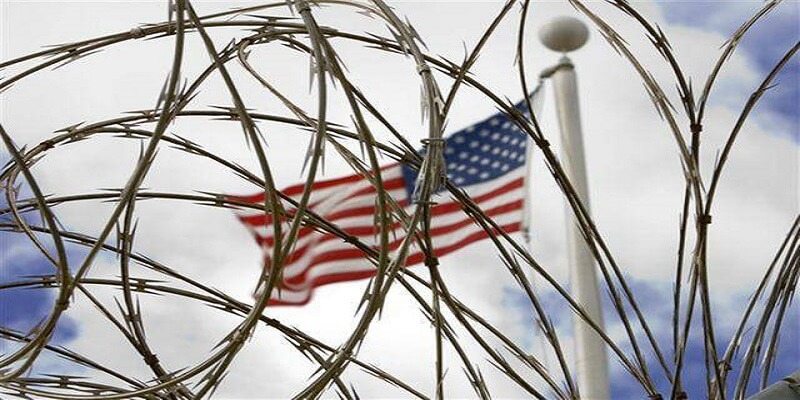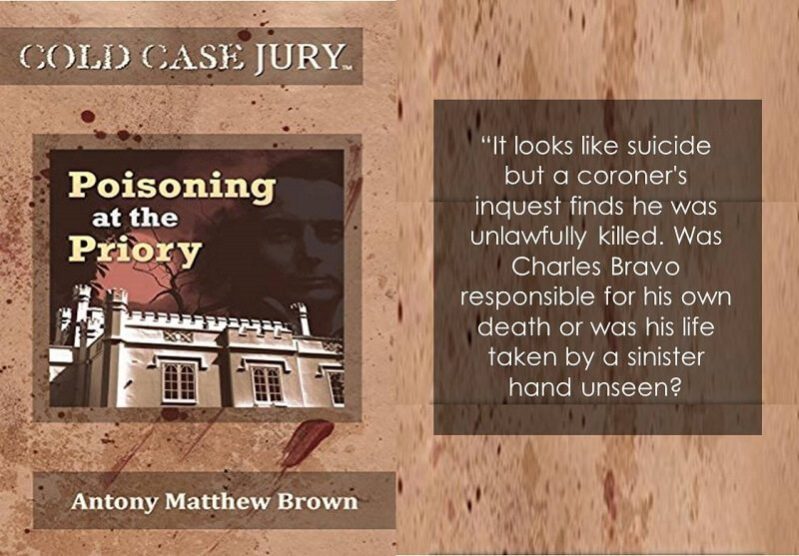This article by Emma Sarfity is republished from Insight Crime, a part media, part academia and part think tank providing regular reporting, analysis and investigation on the threat to national and citizen security in Latin America and the Caribbean from organized crime. Read the original article here.
Amidst Peru’s coronavirus crisis, hospital workers are demanding bribes from relatives to confirm deceased victims’ identities and arrange illegal funerals, revealing yet more opportunities for criminal profit made possible by the pandemic.
In August, Panorama reported that hospitals in Lima had seen staff charge relatives up to 300 soles to positively identify their deceased loved ones. In exchange for this, the workers would open the body bags of coronavirus victims and take a photo to send to family members, in blatant violation of hospital protocol.
And since Peru has mandated that coronavirus victims cannot receive ordinary burials, workers also charged up to 4,300 soles (US$ 1,200) to illegally divert bodies to their relatives’ houses for clandestine funerals.
SEE ALSO: Coronavirus and Organized Crime
“We can take the body out in the afternoon and take it to your home, privately. We leave the body there, you can bury it at night,” one worker told Panorama.
Profits were also made from the living since security camera footage showed how security guards took bribes from families to bring cellphones and other personal items to COVID-19 patients undergoing treatment.
The matter is being investigated by the government. Alicia Abanto, a spokesman for the Ombudsman’s Office, denounced these moves as “acts of corruption.”
“In the context of losing a relative, families are desperate to ascertain if it is their loved one. And when the healthcare facilities do not inform them, the funeral homes or some bad workers take advantage of this by collecting bribes,” she told RPP Noticias.
According to Abanto, Peru has established strict rules for families to see bodies of relatives. Under these rules, hospitals must arrange a viewing of the body in a designated area of the hospital, with the families staying at least two meters away. But she added that the country’s healthcare system is facing serious challenges during the pandemic, including a lack of information given to relatives of coronavirus patients.
InSight Crime Analysis
Corruption within healthcare systems is a well-established criminal enterprise in Latin America but the exploitation of the grief and despair caused by the pandemic is particularly appalling.
Peru has already seen similar attempts. One group cloned a medical supply company’s web page and charged ailing individuals for oxygen tanks that would never arrive. In June, officials dismantled a criminal organization that produced counterfeit drugs used to treat coronavirus symptoms and sold them to pharmacies and individuals at markups of over 1,000 percent.
SEE ALSO: Peru News and Profile
And this has spread throughout the region. At the height of Ecuador’s own coronavirus crisis, with hundreds of deaths a day, manufacturers dramatically hiked up the prices of body bags for public hospitals in Guayaquil. Meanwhile, in Mexico, criminals charged relatives of deceased COVID-19 patients up to 15,000 pesos ($677) for fake death certificates. Doctors sold forged documents to the gang, claiming patients had died of other unrelated illnesses, allowing families to retrieve their bodies.
As of August 29, Peru had over 630,000 cases of COVID-19 and over 28,400 deaths, as well as having the fourth-highest mortality rate in the world, according to Johns Hopkins data.











